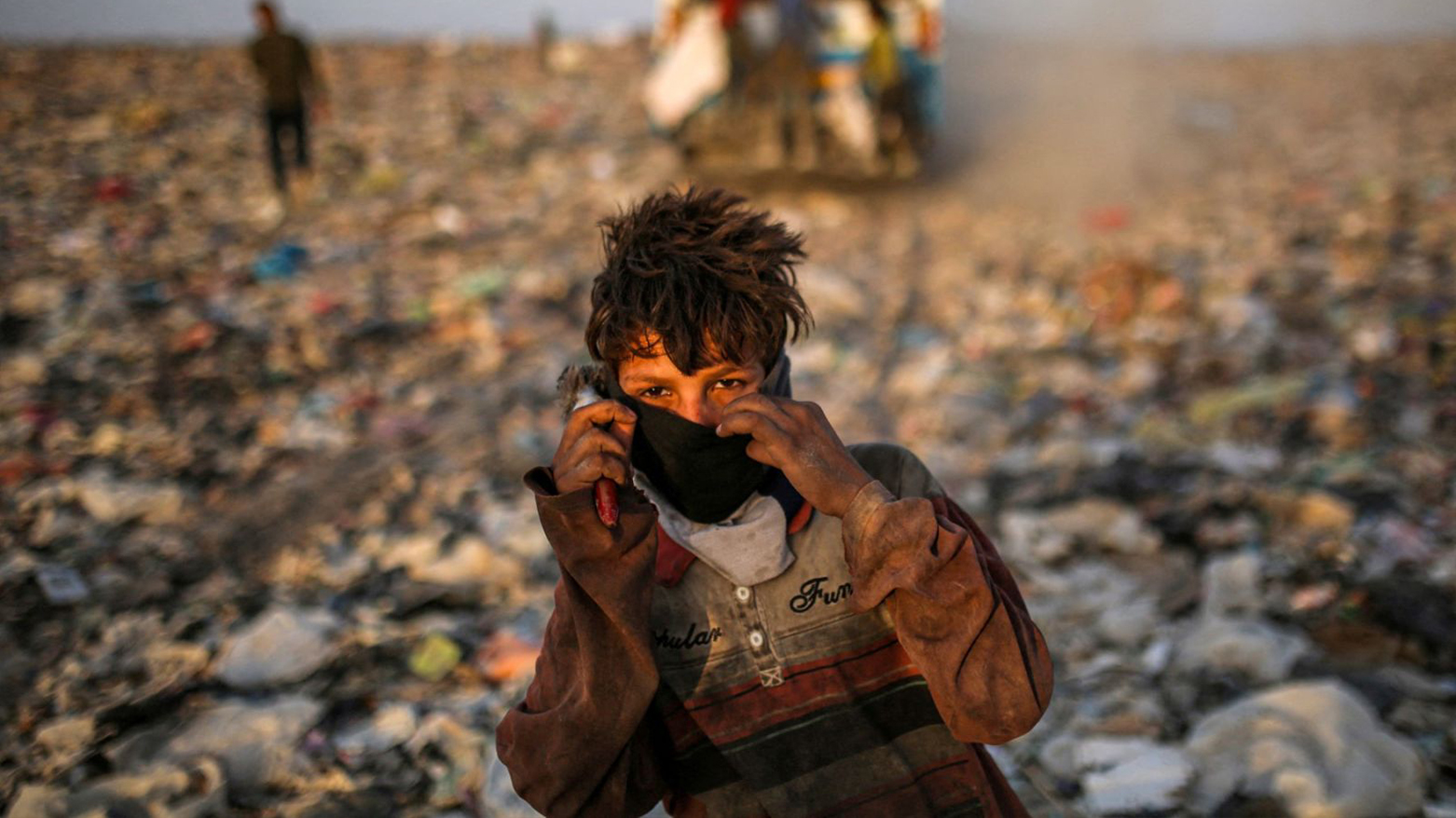Iraq Planning Ministry Refutes Qais Khazali’s Claim on Poverty in Kurdistan: "Official Data Tells a Different Story"
Iraqi data refutes Khazali's claim on Kurdistan poverty. Ministry stats show Erbil (7.1%) and Sulaymaniyah (8.1%) fare better than Basra Iraq’s economic backbone that has (27.5%) and Maysan which recorded the highest poverty rates reaching (43%).

By Ahora Qadi
ERBIL (Kurdistan24) - In a striking contradiction to recent claims made by Qais Khazali, Secretary-General of Asaib Ahl al-Haq, the Iraqi Ministry of Planning has released official data showing that poverty rates in the Kurdistan Region remain significantly lower than in many central and southern Iraqi governorates.
Khazali, speaking during an Eid al-Adha address in Najaf, alleged that poverty in the Kurdistan Region is higher than in other parts of the country. However, statistics from the Ministry of Planning firmly reject that assertion. According to the latest official figures, the national poverty rate in Iraq stands at 17.5%, while Kurdistan's governorates report much lower levels.
Kurdistan's Economic Reality
According to the Ministry’s data, the poverty rate in Erbil Governorate is the lowest in the country at just 7.1%, followed by Sulaymaniyah at 8.1%, and Duhok at 15.3%. These figures stand in stark contrast to some of Iraq’s poorest regions, challenging Khazali’s portrayal of the Kurdistan Region’s socioeconomic condition.
In the oil-rich Basra Governorate, which is often hailed as Iraq’s economic backbone, poverty still stands at 27.5%. Other southern and central regions report alarming figures: Maysan at 43%, Babylon at 35.7%, and Diwaniyah at 29%. Anbar records a poverty rate of 22%.
The Planning Ministry’s data also indicates that Iraq’s overall unemployment rate has reached 16.5%, meaning roughly one in every five working-age Iraqis is unemployed. Women bear a disproportionate share of this burden, comprising two-thirds of the jobless. Moreover, over 2.2 million Iraqis currently rely on social welfare stipends, all officially classified as below the national poverty line.
Political Manipulation and Economic Distortion
In its report, the Ministry of Planning subtly underscored the potential danger of misusing economic narratives for political gain. Experts warn that Khazali’s inaccurate claims about the Kurdistan Region could serve as part of a broader disinformation campaign aimed at deflecting attention from Baghdad’s own failures in addressing poverty, unemployment, and corruption.
Rather than focusing on data-driven solutions, militia-aligned figures have increasingly resorted to politicizing development challenges—often attempting to distort Kurdistan’s relative success in governance and public service delivery.
As poverty continues to afflict millions across Iraq, the latest figures raise critical questions about transparency, economic justice, and the politicization of hardship in a fragile federal system still struggling to deliver on its constitutional promises.
